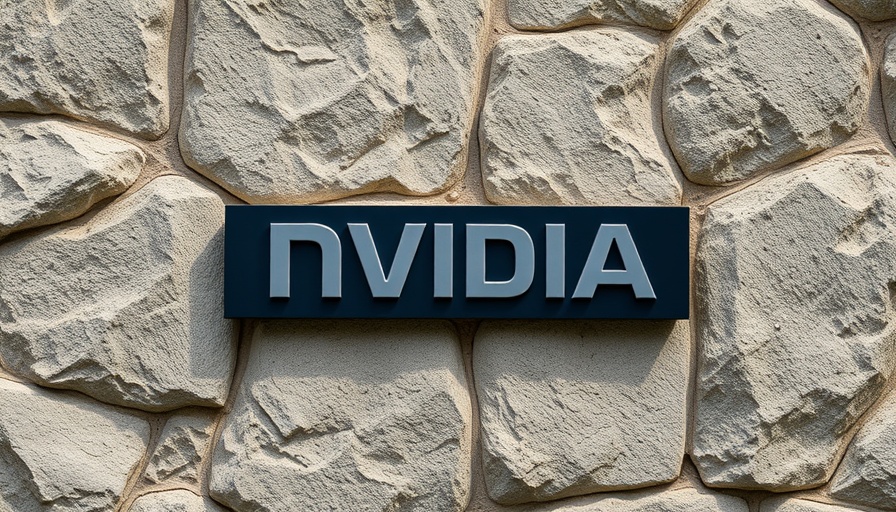
Nvidia's Surge: A Deep Dive into AI Models
Nvidia has become a household name in the tech world, and its recent sales figures are testament to the booming demand for AI technology. As companies across various sectors, from Microsoft to Amazon, invest heavily in artificial intelligence, Nvidia is reaping the benefits of being a frontrunner in GPU technology.
The AI Boom and Nvidia's Expanding Share
The latest reports indicate that Nvidia's revenue soared as the demand for AI-models capable of reasoning increased. The company recently announced that it sold around 550,000 H100 GPUs in 2023, bolstering its fiscal performance substantially. The H100 GPUs are critical for AI computations, making them a hot commodity among tech enthusiasts and enterprises alike.
Market Dynamics Driving Demand for Nvidia Products
Factors driving Nvidia's success include the explosive growth of generative AI technologies. According to sources, companies are racing to acquire Nvidia’s cutting-edge technology to enhance their own offerings and maintain a competitive edge in a rapidly evolving market.
According to data from Nvidia, the company’s datacenter business generated about $4.28 billion in recent quarters, reflecting the surging need across industries for high-performance computing. In fact, once you consider the applications in machine learning, data analytics, and even gaming, the need for GPUs is only set to rise. Analysts expect that as more companies move their operations into AI-driven solutions, Nvidia will continue to dominate.
A Glimpse into Future Trends: What Lies Ahead for AI
Investors and consumers alike are left wondering—what’s next for Nvidia as it stands at the forefront of AI development? Predictions suggest that the company will not only maintain its market lead, but enhance it. Gartner’s latest report highlights that AI adoption in businesses is expected to double over the next five years.
Counterarguments: Challenges Ahead for Nvidia
However, it’s important to consider potential challenges that could impact Nvidia's growth trajectory. While the demand surge is robust, so is competition. Companies like Intel and AMD are also making strides in AI technology, suggesting that Nvidia can’t rest on its laurels. Some analysts caution that with increased scrutiny on tech companies regarding semiconductor supply chains, Nvidia may also face logistical challenges in meeting the imminent AI demand.
Why This Matters to You as an AI Enthusiast
If you're passionate about AI, understanding Nvidia’s role is crucial. As the backbone of many AI applications, Nvidia GPUs are essential for hobbyists and professionals working with machine learning, data science, or programming. Monitoring their product launches and trends could provide insightful perspectives on where the tech industry is headed.
Take Action Now!
Staying informed about Nvidia's developments is essential for anyone deeply invested in the tech sector. Keep an eye out for announcements regarding new products or technology upgrades that may further impact your projects or interests in AI. Engaging with communities focused on AI advancements can also enhance your understanding and networking opportunities.
 Add Row
Add Row  Add
Add 


Write A Comment